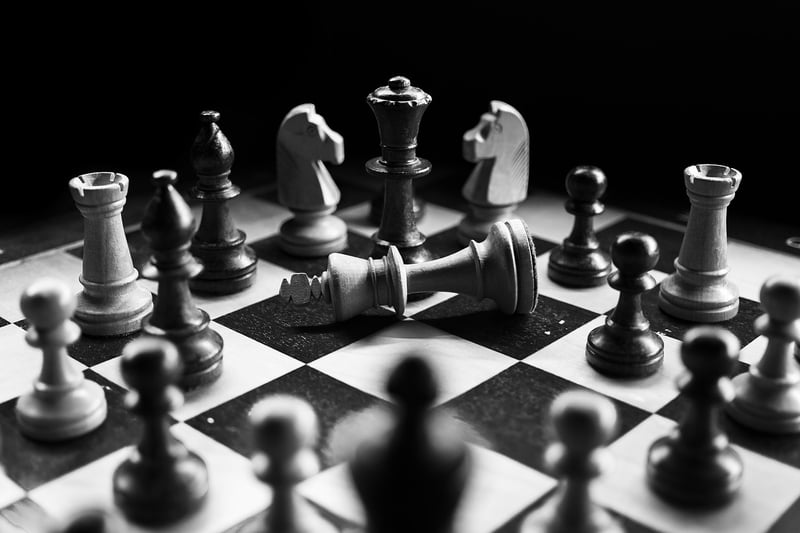Causality Dilemmas
Unraveling Temporal Mysteries and Causality Dilemmas
Time, a concept as enigmatic as it is pervasive, has long captivated the human mind. From ancient philosophers pondering its nature to modern physicists exploring its intricacies, the mysteries surrounding time and causality continue to intrigue and challenge us.
The Nature of Time
Time, often described as the fourth dimension, shapes our reality in profound ways. It flows continuously, carrying us from the past through the present and into the future. But is time truly linear, or could it be more complex than we imagine?
Philosophers have debated the nature of time for centuries, pondering questions of eternalism vs. presentism, determinism vs. free will, and the arrow of time. These debates have led to fascinating insights into how we perceive and experience the passage of time.
Causality and Determinism
Closely intertwined with the concept of time is causality – the relationship between cause and effect. The principle of causality suggests that every event is caused by preceding events and, in turn, causes subsequent events. This idea forms the basis of determinism, the notion that all events, including human actions, are determined by preceding causes.
However, causality also gives rise to intriguing dilemmas, such as the question of free will. If every action is predetermined by prior causes, do we truly have the freedom to choose our paths, or are we simply following a preordained course of events?
Exploring Temporal Paradoxes
Delving into the realm of temporal mysteries often leads us to encounter paradoxes – seemingly contradictory situations that challenge our understanding of time and causality. From the grandfather paradox to the bootstrap paradox, these enigmatic scenarios force us to question our assumptions about how time operates.
As we unravel these temporal paradoxes and causality dilemmas, we gain deeper insights into the nature of reality, consciousness, and the universe itself. Each puzzle we solve leads us to new questions and mysteries, fueling our endless quest for knowledge and understanding.
Conclusion
Time and causality remain two of the most intriguing and complex concepts in human history. As we continue to explore the mysteries of temporal dynamics and causality dilemmas, we open doors to new realms of thought and discovery, pushing the boundaries of our understanding of the universe.
So, let us embrace the enigma of time, unravel its mysteries, and ponder the profound implications of causality on our lives and the world around us.


